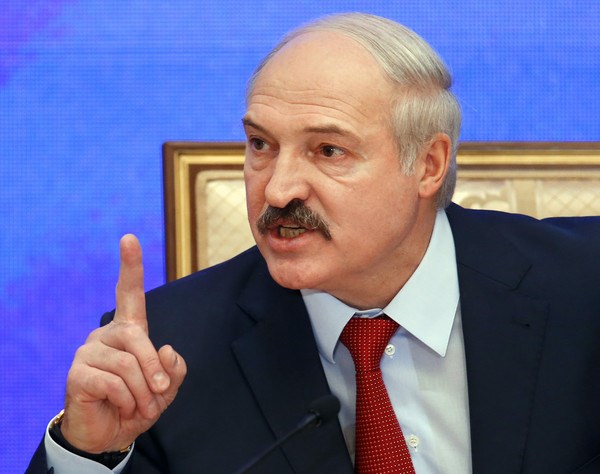Diplomatic tensions rise following Lukashenko's accusations against Kazakhstan
Belarusian leader Alexander Lukashenko has sparked a fresh controversy, leveling accusations at Kazakhstan and other CIS countries for allegedly seeking benefits from Russia without offering anything in return.
The diplomatic row between Belarus and Kazakhstan has intensified following statements by Lukashenko, who criticized Kazakhstan's policies. Both nations are formally part of Russia's bloc of allies, yet Kazakhstan's foreign minister, Murat Nurtleu, has demanded that Minsk "objectively evaluate Astana's position" .
Lukashenko's criticism came during an interview with Kremlin propagandists on Russia’s state TV, where he accused Kazakhstan and other post-Soviet states of "wanting to take something from Russia but giving nothing in return." He added, "We are not going to wiggle like some of our post-Soviet states. This won’t work. Let's be together! It won’t be long before you return to Russia asking for support and help."
In Kazakhstan, Lukashenko’s remarks didn't go unnoticed. Officials responded by affirming that Kazakhstan conducts a balanced policy.
Lukashenko also recalled the political crisis in January 2022 when Kazakhstan sought help from Russia and Belarus. "It was ‘Putin, Lukashenko, help!’ And we transported so-called 'CSTO peacekeepers' within half a day. Our planes landed in Kazakhstan, and we calmed everything down," he stated.
Lukashenko is reportedly discontent because Kazakhstan adheres to Western sanctions against Russia and refuses to support Russia’s military invasion of Ukraine.
Belarus heavily relies on Russia for several pivotal reasons, encompassing economic, political, and historical factors. Economically, Belarus benefits from cheap Russian energy resources, such as oil and gas, provided at preferential prices crucial for the Belarusian economy. Processing Russian oil and exporting petroleum products are vital income sources for Belarus.
Financially, Russia extends loans and financial aid to Belarus, aiding in the maintenance of its economic stability, which is essential given Minsk's restricted access to international financial markets.
Politically, Lukashenko, especially in the wake of the controversial 2020 presidential election and ensuing mass protests, has faced international isolation. Russia remains the main ally offering political and diplomatic backing to his regime.
Ultimately, Belarus's dependence on Russia stems from a blend of economic benefits, political support, and historical and cultural ties. This dependency allows Lukashenko to retain power amid international isolation and internal pressures, although it leaves Belarus susceptible to Russian influence.
